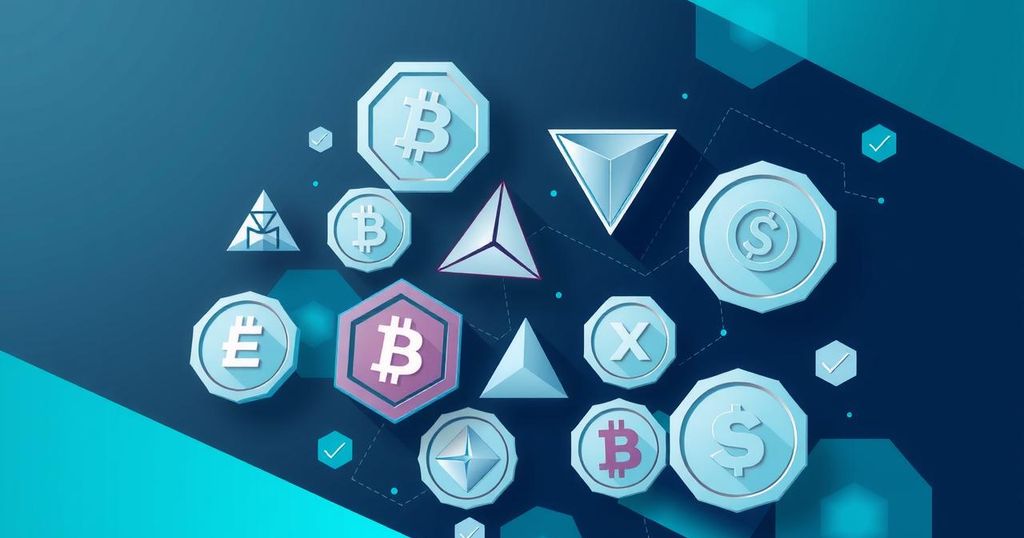Cryptocurrency Regulations in 2025: Altcoins Under Threat
As cryptocurrency regulations ramp up towards 2025, various altcoins like SOL, ADA, MATIC, and FIL face scrutiny over their security status. Centralised altcoins, e.g., BNB, risk regulatory challenges, as do meme coins lacking utility. Additionally, ICOs without proper registration and DeFi tokens on platforms with weak compliance face potential enforcement actions from regulators.
In the fast-evolving landscape of cryptocurrency, regulations are becoming a hot topic as we approach 2025. The spotlight is now on various altcoins as they face scrutiny over their positions in today’s tricky regulatory environment. Particularly, those flagged by the SEC, like SOL (Solana), ADA (Cardano), MATIC (Polygon), and FIL (Filecoin), are under the microscope concerning their designation as securities. The implications here are significant, as this could greatly affect their market viability moving forward.
Next up are the altcoins that fall under the umbrella of centralized control. For instance, BNB (Binance Coin) is particularly vulnerable since it is heavily influenced by Binance, a strong central entity. Regulatory bodies are concerned about issues of decentralization and potential market manipulation. If regulators decide that these coins are too intertwined with their respective platforms, it could lead to tough measures.
Then we have the meme coins and tokens stirred by hype but lacking any concrete utility. These altcoins are particularly on the radar for regulators, who may classify them as speculative investments rather than viable financial products. Their minimal real-world use cases may lead regulators to hit them with tighter restrictions or even outright bans, depending on how they view their risk to investors.
Moreover, a segment of altcoins stemming from initial coin offerings (ICOs) or token sales that were conducted without appropriate regulatory compliance could find themselves in hot water. Many of these offerings were done without proper registration, which has raised flags for enforcement agencies. As regulators tighten their grip, these altcoins should prepare for possible repercussions.
Lastly, let’s not forget about decentralized finance (DeFi) tokens. Those operating atop platforms with inadequate Know Your Customer (KYC) or Anti-Money Laundering (AML) protocols are especially at risk. Regulators are increasingly concerned about potential misuse linked to illicit finance, meaning these tokens could face significant regulatory action in the near future. Overall, the regulatory outlook remains uncertain, and many altcoins need to brace for what’s coming in this increasingly regulated market.




Post Comment